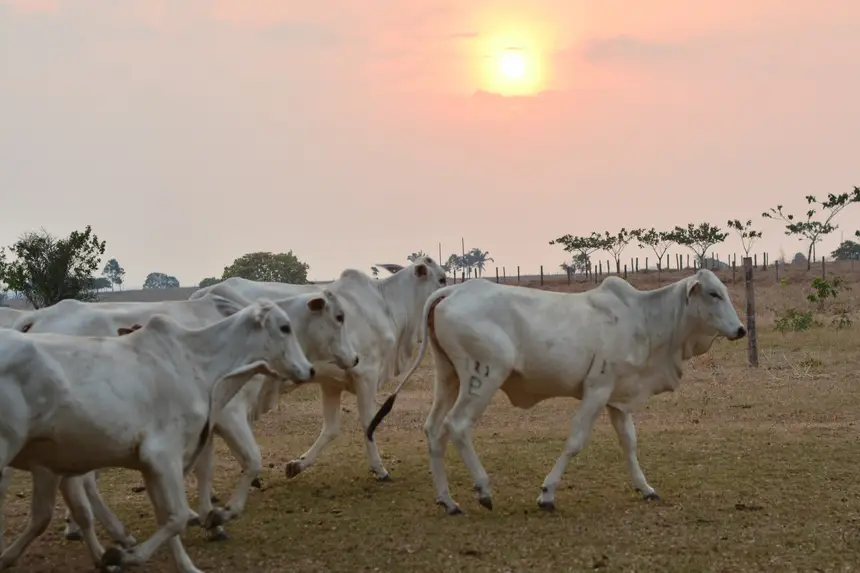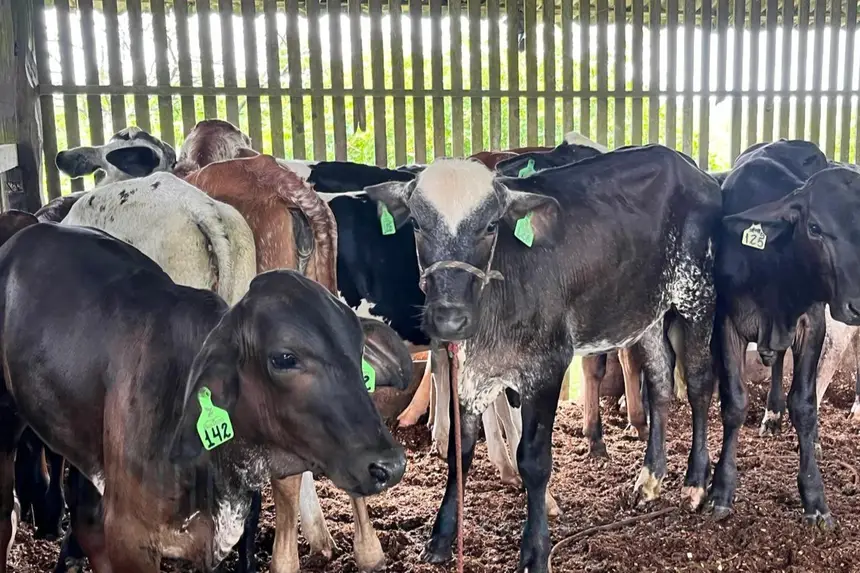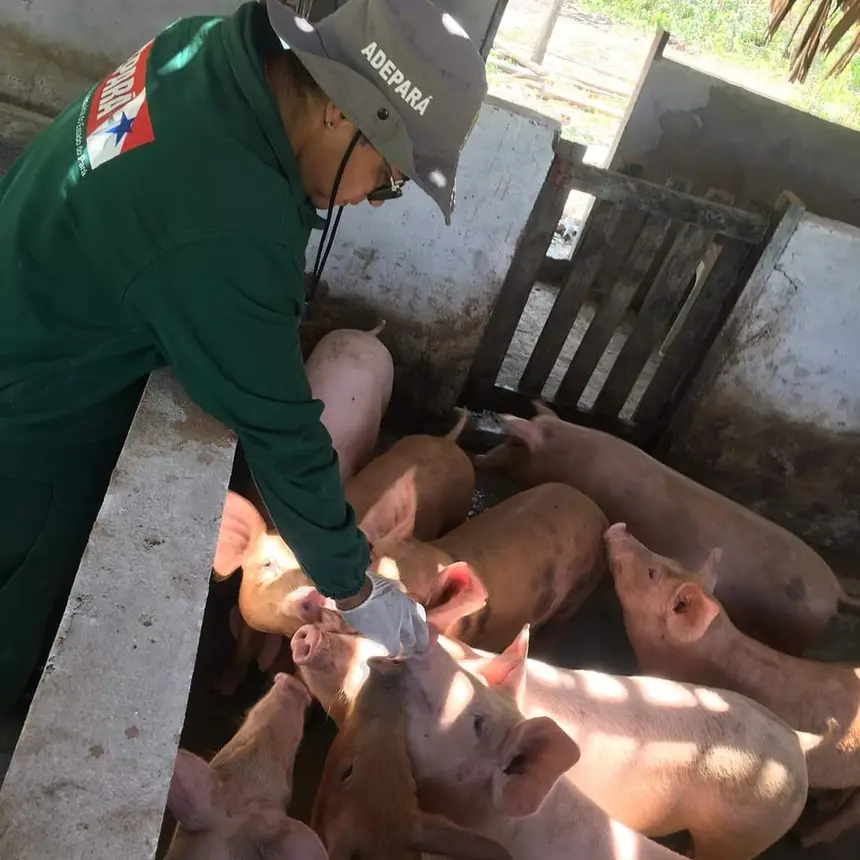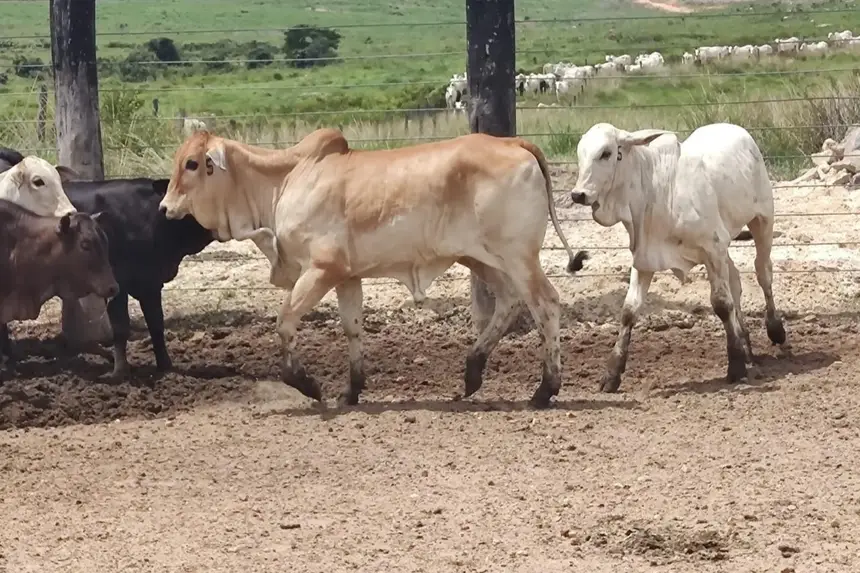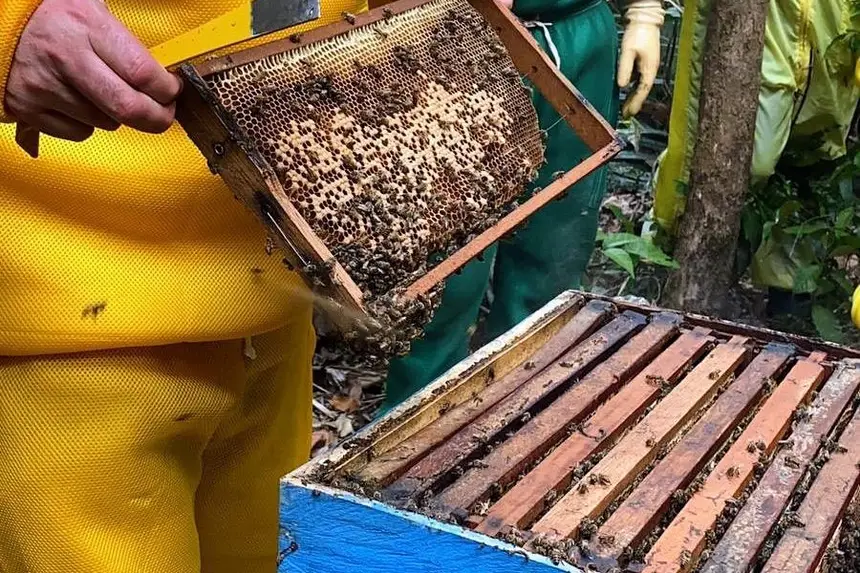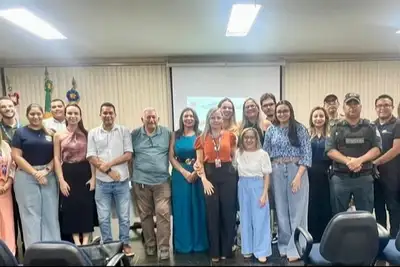Adepará reinforces call for rural producers to update their agricultural registration
The deadline ends next Thursday, August 14, and the Agricultural Defense Agency considers the action essential for the development of the sector
Rural producers who have economically significant animals on their properties need to update their agricultural registration with the Agricultural Defense Agency of the State of Pará (Adepará).
The campaign that started in May is coming to an end. The final deadline ends on August 14 throughout Pará, except for the Marajó archipelago, which will begin the stage of the Registration Update campaign only on August 18 and will last until October 2025.
Adepará notes that producers must update their personal and herd data, with an emphasis on the balance of all species.
To update the data, the producer must appear in person at an Adepará unit in their municipality, with an official photo ID and a list of the species of animals they have on their property.
“The Registration Update campaigns are very important for maintaining the status of Foot-and-Mouth Disease Free in the state, as they aim to generate information that will assist the Official Veterinary Service in the event of an outbreak of diseases that may affect livestock species. The first stage showed the engagement of producers and an effort on the part of the agency to mobilize staff to welcome the population in the best possible way. Even though this service is a bit slower, since the focus now is on the balance of all species, the agency is already preparing to better serve our producers in the next stages,” explained Barbra Lopes, manager of registration and traceability at Adepará.
New sanitary status - Pará has the second largest cattle herd in the country and achieved international recognition as a foot-and-mouth disease-free zone without vaccination in May 2025. The new sanitary status is expected to generate interest from new markets for meat produced in Pará.
The Agricultural Defense Agency emphasizes that the removal of the vaccine is considered a milestone for state livestock and elevates this economic activity to another level. However, to maintain the new sanitary status, Adepará has been acting more intensively in disease prevention, conducting surveillance based on risk factors and constant monitoring of at-risk properties.
According to the general director of Adepará, Jamir Macedo, the non-mandatory vaccination has led to a distancing of producers, who no longer need to vaccinate their herds. The manager warns that producers should not neglect preventive measures that help maintain animal health. According to the director, the registration is essential for agricultural defense to act and needs to be updated.
“It is fundamental to preserve our database and the registration base because previously, during the vaccination period, rural producers would come to the Adepará unit to update their information regarding their herd. With the removal of the vaccine, we have noticed that rural producers have distanced themselves from the agency, so we cannot lose this bond in any way,” emphasized the director.
“Today, our responsibility is much greater because we need to guarantee to the world that we can maintain this new sanitary status, which is the foot-and-mouth disease-free zone without vaccination. Therefore, we need the support of rural producers because the defense service needs to have all the information updated so that it can work effectively and ensure the health of our production. And we can only achieve this if we truly know the population of the herd and the existing livestock exploitation in the state.”
Registration update - The main objective of the registration update is to keep the database of the livestock herd updated, especially after the suspension of vaccination. This update is fundamental for:
-Maintaining the certification of foot-and-mouth disease-free zone: A solid database is essential to prove the sanitary condition of the state.
-Strengthening the bond with rural producers: The registration update is a way to maintain the partnership with producers to update information.
-Directing public policies: Accurate data allows for identifying the size of the herd, the importance of the sector, and directing resources for the benefit of producers.
-Providing official information: The database is used for planning and developing the sector.
“The registration is precisely to maintain this official database and develop agricultural defense activities. With the registration, it is possible to know the volume of our herd, the importance of traceability in the state, and direct public policies for the sector. This information is used by agencies such as IBGE, the Department of Agriculture, which utilize information from ADEPARÁ. Therefore, this database is built and consulted for the benefit of rural producers. Everything is directed so that rural producers are better assisted by all government agencies,” concluded the director of Adepará, Jamir Macedo.


